Boundaries
Ask anyone who knows me, and they’ll tell you how passionately I feel about having boundaries. I grew up in a home where boundaries were never mentioned and often needed. I was fortunate to learn about boundaries while seeing a therapist in my twenties and now they are something I frequently help my clients establish. So, what are boundaries exactly? In sports, there are rules in place that identify just how far players can exert themselves. When a player crosses the threshold of one of those ‘boundaries’ a penalty is assessed. This gives players incentives to play fair. Similarly, having boundaries in our own life allows us to dictate what’s okay and what’s not okay in relationship with ourselves and others.
Photo by Scott McCormick
Establishing boundaries is not an easy feat and takes practice. For starters, it’s difficult to communicate what we need, and we may not know in the first place. Therefore, the first step is to discover our needs and our deal breakers for ourselves and with others. This can be done through self-examination and self-awareness. Practices such as seeing a therapist, meditation, journaling and incorporating regular mindfulness in our lives are helpful tools to establish what’s okay and not okay. Experiential learning is also a great way to know what makes us feel good and what makes us feel bad. For example, if we spend time with someone who constantly makes us feel discouraged, it may be time for a boundary. It’s important to tune into what we didn’t enjoy about the experience so we can learn from it.
“Similarly, having boundaries in our own life allows us to dictate what’s okay and what’s not okay in relationship with ourselves and others.”
Let’s go into the weeds for a moment. Let’s pretend that you have a co-worker who gossips to you. You feel uncomfortable every time they do it and it’s not something you want to be a part of anymore. So, you decide to set a boundary. You ask yourself the questions, what am I feeling and when am I feeling it. You come to the conclusion that you feel guilty when someone is being talked about when they aren’t present. So, you set a boundary with the person in question that they can’t talk about others when you’re around or you’ll have to end the conversation.
As shown in the example above, once we have identified that we need to set up a boundary, we must communicate it. This is the challenging part. It’s hard because we are afraid of what people will think. We don’t want to be judged, disliked, hurt someone’s feelings or even change the norm in a relationship. We create the story that if we tell someone to respect our boundaries, they won’t like us anymore. This is where self-love comes in. I tell my clients that boundaries are a form of self-love. When we care about ourselves enough to determine what makes us feel respected, we are saying “I matter and I’m important”. The truth is, setting new boundaries with people may change the relationship, but if you are doing so to protect yourself, isn’t it worth it?
“We don’t want to be judged, disliked, hurt someone’s feelings or even change the norm in a relationship.”
Photo by Scott McCormick
Telling someone how you feel is best done using an “I” statement. This helps prevent the other person from getting defensive and explains how you feel and what you need. An example of an “I” statement when setting a boundary would be, “When you promise to clean the bathroom and then forget to do it, it makes me feel angry because I need to feel supported when it comes to doing the housework.” An “I” statement starts with an objective statement; a fact that can’t be argued. Then it explains how you feel and what you need. Using “I” statements helps establish boundaries on a regular basis and prevents an argument. After all, no one can argue what it feels like to be you in a certain situation – no one knows what it’s like to be you. So, this is our opportunity to let them in.
My favorite advocate on having boundaries is author and researcher, Brené Brown. In her book, Rising Strong, Brené dives deep into understanding boundaries and how to cultivate trust in ourselves and others. If having and setting boundaries is new for you, I highly recommend picking up this book. Remember, starting something new always takes practice, so be easy on yourself. Additionally, setting boundaries with people who are not used to it takes courage and repetition. As Brené Brown says, “Courage is asking for what you need.” When you start to stand up for yourself for the first time, people make not like it and that’s okay, do it anyway. They will learn to respect you or they’re not your people.


